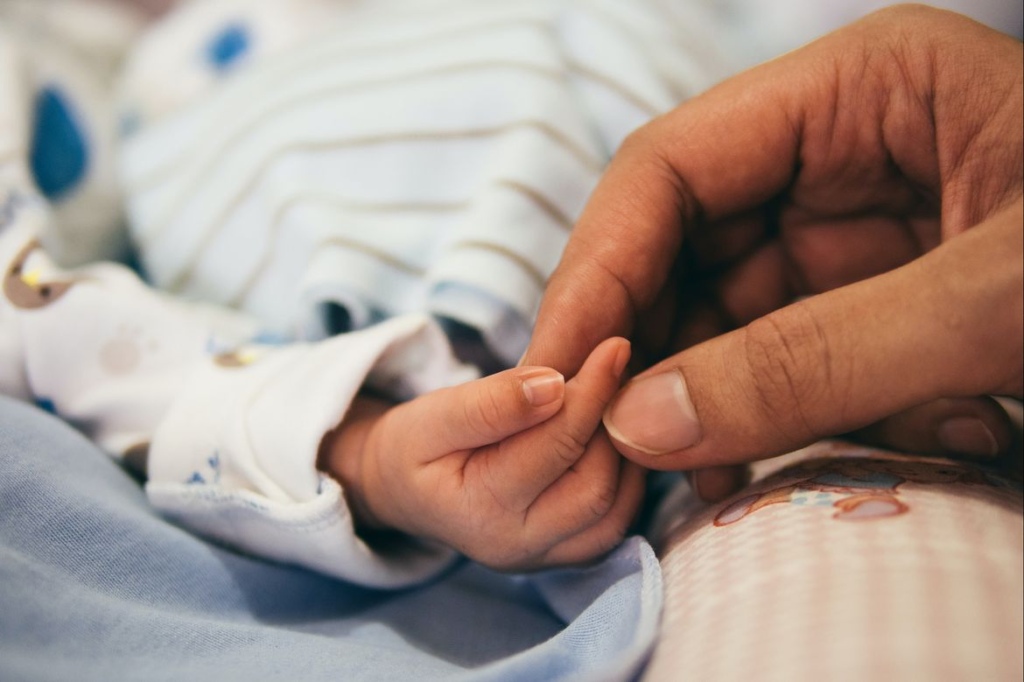
A new center at UCLA will bring together students, scientists, educators and physicians across a wide range of disciplines to support research and education initiatives designed to improve human reproductive health, promote healthy families and to advance the well-being of society.
The UCLA Center for Reproductive Science, Health and Education aims to fill a void in reproductive health knowledge while developing new technologies to improve reproductive health for all. The center’s inaugural director is Amander Clark, a UCLA professor, stem cell biologist and an expert in the field of reproductive sciences.
While reproductive health is often associated with issues of reproduction, infertility and contraception, it also includes healthy human development as well as the study and treatment of menopause and cancers related to reproductive organs. However, individuals and policymakers alike often make decisions around reproductive health that are not based on science.
“In the past several years, far too little of the dialogue and decision-making around sexual and reproductive health has been based in scientific research,” said Tracy Johnson, dean of the UCLA Division of Life Sciences. “Yet, science is the foundation by which health and policy professionals can make rational, informed decisions on topics that impact everyone. The time has arrived for an internationally recognized center for research, education and innovation in the reproductive sciences.”
Challenges in the field today include declining fertility rates, the lack of insurance coverage for infertility treatments and the need for better access to reproductive technologies for all.
- According to the National Center for Health Statistics, 2020 marked the sixth year in a row that fewer babies were born in the United States than any previous year. This is on top of a 60-year worldwide trend in declining fertility rates. In addition, there is a marked shift in the increased age of first-time parents.
- Nearly 8 million Americans of reproductive age face a diagnosis of infertility, but treatments in most U.S. states are not covered by insurance. For women over 40 who use in-vitro fertilization, the chances of having a successful pregnancy and a healthy baby are significantly reduced, according to the Society for Assisted Reproductive Technology. For reasons that are not well understood, even for those under 40, sometimes IVF just doesn’t work.
- People need better and more accessible options for contraception. According to the Bill & Melinda Gates Foundation, almost 40% of women who use contraception stop in their first year because they are not satisfied with existing options.
- There’s also a need for increased access to other reproductive technologies and medical services, especially for LGBTQ and gender-diverse Americans.
The center’s work will include research into the reproductive and endocrine systems, contraception, infertility and pregnancy — as well as the social science of reproduction and reproductive interventions.
“Once established, this will be a home for innovative science and educational programs aimed at changing the national conversation around human reproduction and infertility,” Clark said. “We will develop new therapies toward promoting healthy parents, pregnancies and families of all genders today and for future generations.”
The UCLA Center for Reproductive Science, Health and Education will operate in partnership with the division of life sciences at UCLA, the David Geffen School of Medicine at UCLA, the UCLA Jonsson Comprehensive Cancer Center, the Institute for Society and Genetics, and the Eli and Edythe Broad Center of Regenerative Medicine and Stem Cell Research at UCLA, where Clark is also a member.
The center will serve as a national and international home for training and career development of undergraduate, graduate, postdoctoral and clinical fellows — and create an educational pipeline to benefit the UCLA community and beyond.



